CORRECTION: A previous version of this piece incorrectly stated that Shane Mumma supported the declaration.
Tennessee Governor Bill Lee signed a proclamation on Sept. 23 declaring Sept. 30, 2022, a voluntary Day of Prayer, Humility and Fasting for the state.
The proclamation cites recent “transgressions” that warrant “seek[ing] God’s guidance” as backing for the decision. It does not specify the transgressions to which it is referring, nor does it.
“We seek forgiveness for our many transgressions so that our hearts and our minds may be renewed; and Scripture tells us that the beginning of wisdom is the fear of the Lord, and the Lord gives wisdom freely to those who ask for it,” the proclamation reads.
Lee similarly declared Oct. 11, 2021, a Day of Prayer and Fasting. Two years earlier, he also declared Oct. 10, 2019, a Day of Prayer and Fasting. The latter date notably fell on the day after Yom Kippur—the Jewish Day of Atonement observed by prayer and fasting.
Dr. Carrie Russell, assistant dean of undergraduate education, director of pre-law advising and professor of constitutional law, questioned whether state governments should become entangled with religious proclamations in an email to The Hustler.
“The First Amendment prohibits governmental bodies from discriminating against an individual because of their religious beliefs; or religious practices (beliefs put into action),” Russell said. “The government is also supposed to avoid becoming excessively entangled with religious organizations or seemingly endorsing one religious faith/belief over others.”
Russell also emphasized that this proclamation has no legislative authority but rather serves a more “performative” purpose, a tacit which she said is commonly used by politicians.
“No one can police or force anyone to say prayers on this particular day—it’s a performative act for the benefit of the governor’s supporters and potentially to the chagrin of those who would eschew this type of entanglement with religious practices at all,” Russell said. “This is part and parcel of a very long history of politicians seeking out praise and attention for public performances that have nothing to do with the spirituality of the performer or the responsibilities of government.”
Vanderbilt College Democrats Vice President of Administration Riley Black, a senior, criticized Lee’s proclamation, as he believes it oversteps the boundary between church and state.
“While prayer and religion are important and valuable parts of the lives of many Tennesseans and Americans, its practice should not be endorsed or restricted by government,” Black said in an email to The Hustler. “Governor Lee’s proclamation veers uncomfortably close to an official state endorsement of religion.”
Senior Shane Mumma, Vanderbilt College Republicans president, similarly implied that the proclamation may cause the public to question the separation of church and state in Tennessee. Mumma added that VCR remains supportive of Lee and welcomes him to discuss the declaration on campus.
“I understand and respect the importance of faith for many Americans and Tennesseans,” Mumma said. “I personally would not have done this if I were Governor since I would want to create a strong perception of separation between Church and State, which is fundamental to our Constitution and the freedom enjoyed under the First Amendment by the citizens of our great country.”
The declaration comes after Lee called for an investigation into Vanderbilt University Medical Center’s transgender health clinic on Sept. 21 in response to statements by conservative political commentator Matt Walsh. According to Walsh, he has met with Tennessee State Representative William Lamberth and Tennessee Senator Jack Johnson to craft a bill to ban gender-affirming care for minors in Tennessee.

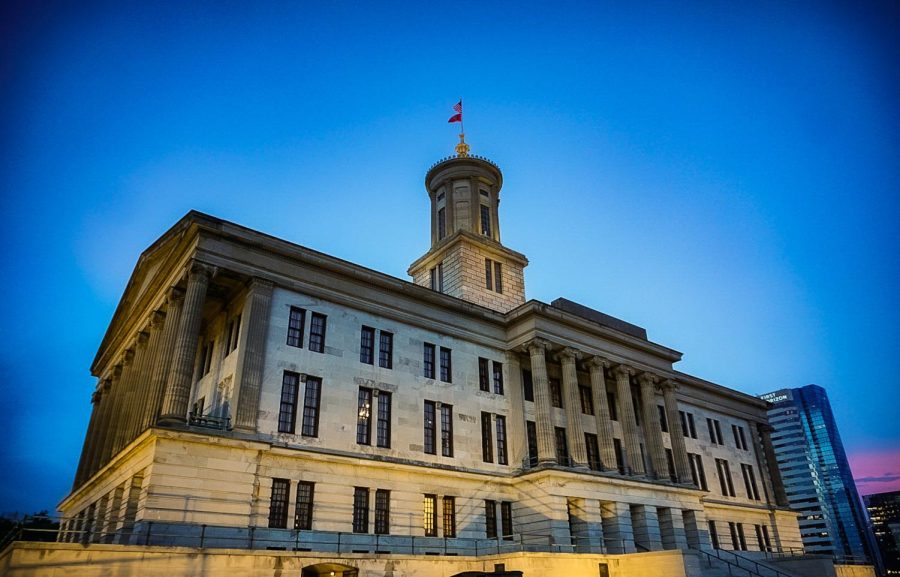





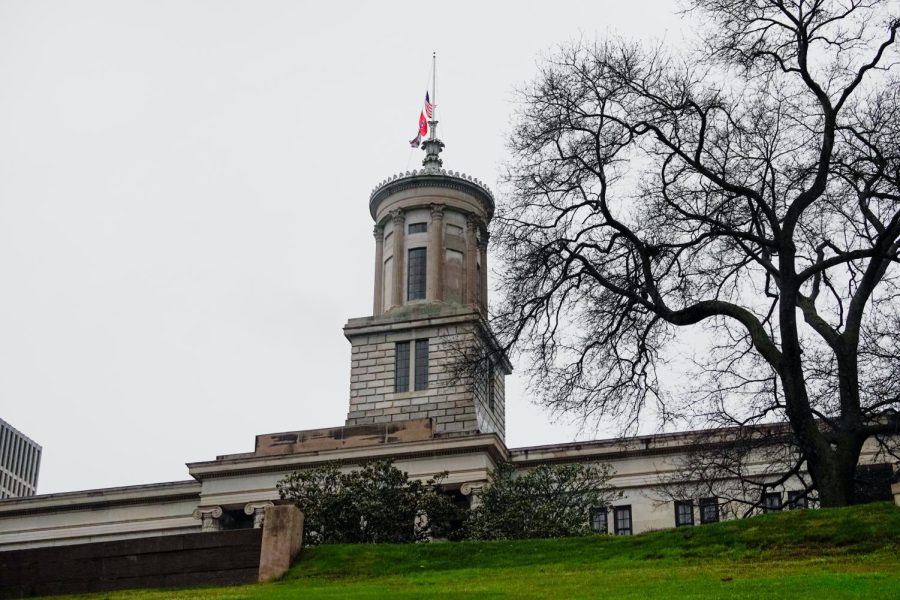
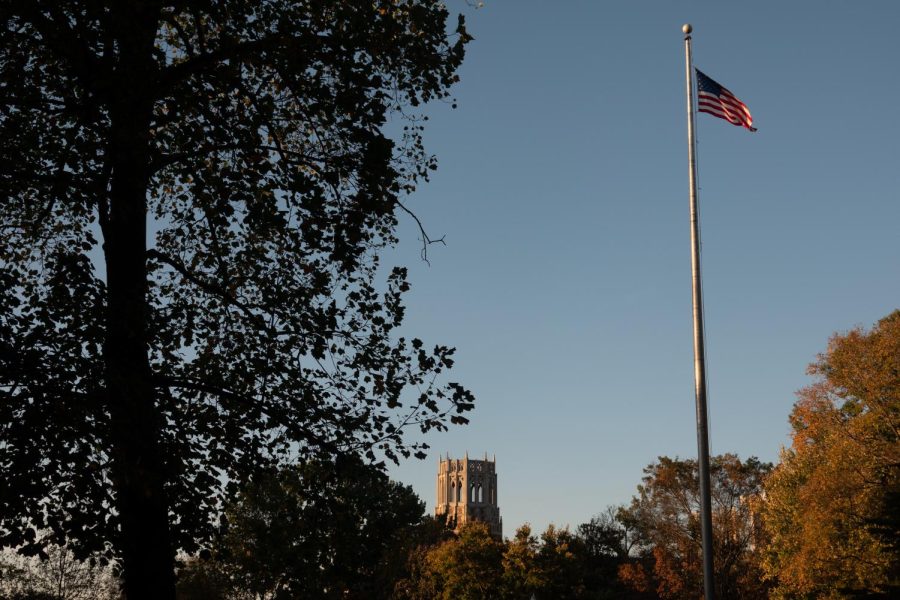
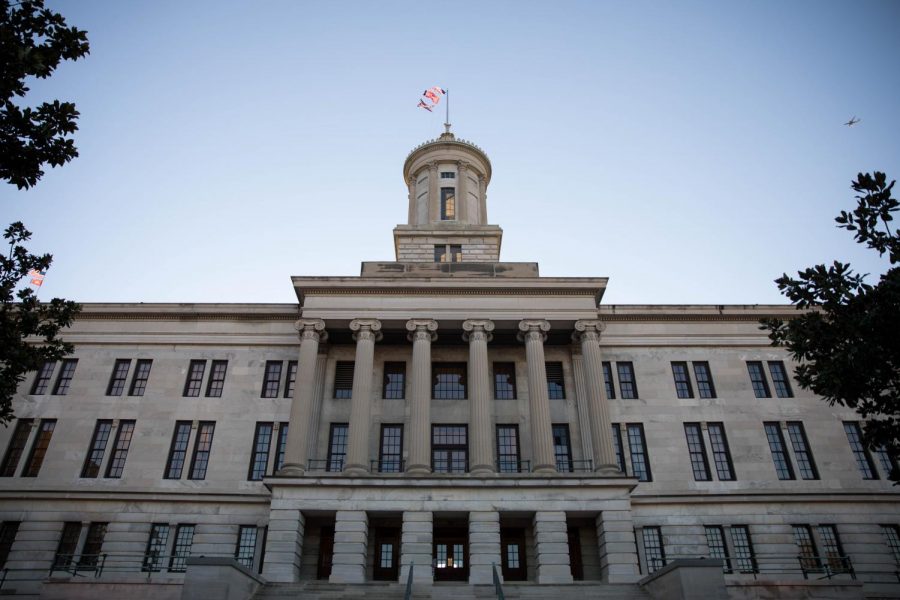
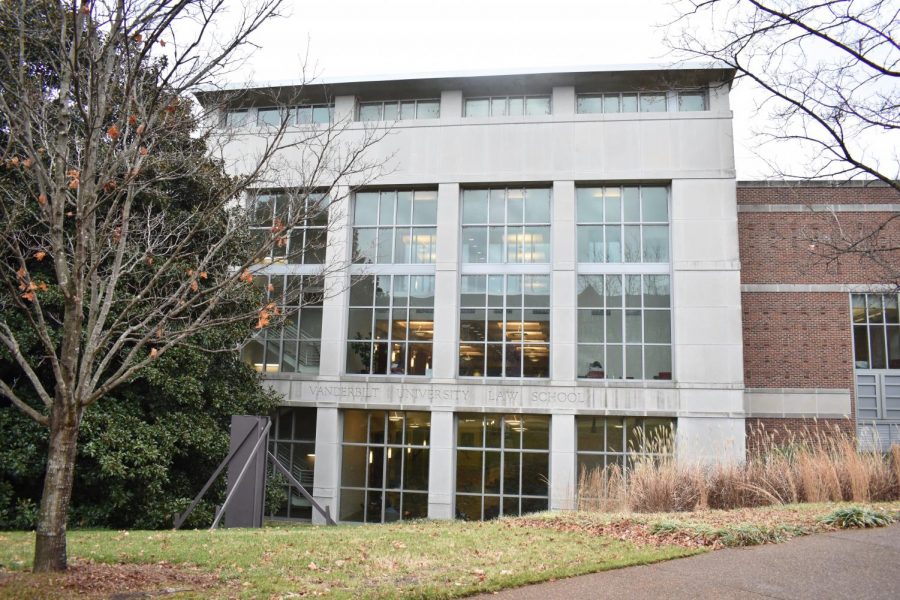
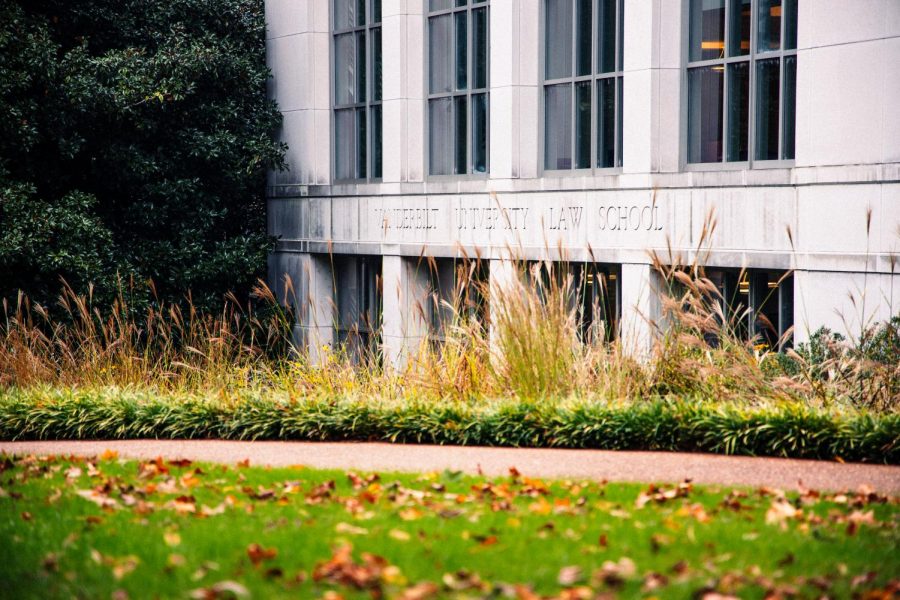



JimmyBobby • Oct 7, 2022 at 9:55 pm CDT
I don’t have a problem with Lee having a voluntary day of prayer, reflection and fasting. However, I am not happy at all with our TN legislature dividing us with 2 license plates. See the excellent book by Theodor Geisel, “The Sneetches”.
Melissa • Oct 1, 2022 at 9:43 pm CDT
Jesus Christ declared everyday a day of prayer!
PeterTx52 • Oct 1, 2022 at 4:04 pm CDT
“THE FIRST AMENDMENT SAYS NOTHING ABOUT “SEPARATION OF CHURCH AND STATE” OR A “WALL OF SEPARATION BETWEEN CHURCH AND STATE.” WHERE DID THIS IDEA COME FROM? IS IT REALLY PART OF THE LAW?”
https://www.freedomforuminstitute.org/about/faq/the-first-amendment-says-nothing-about-separation-of-church-and-state-or-a-wall-of-separation-between-church-and-state-where-did-this-idea-come-from-is-it-really/
PeterTx52 • Oct 1, 2022 at 4:04 pm CDT
“The first clause in the Bill of Rights states that “Congress shall make no law respecting an establishment of religion.”
Establishment clause of First Amendment often interpreted to require separation of church and state
For approximately the first 150 years of the country’s existence, there was little debate over the meaning of this clause in the Constitution. As the citizenry became more diverse, however, challenges arose to existing laws and practices, and eventually, the Supreme Court was called upon to determine the meaning of the establishment clause.
”
https://www.mtsu.edu/first-amendment/article/885/establishment-clause-separation-of-church-and-state
First Amendment • Oct 4, 2022 at 3:19 pm CDT
“Congress shall make no law respecting an establishment of religion, or prohibiting the free exercise thereof; or abridging the freedom of speech, or of the press; or the right of the people peaceably to assemble, and to petition the Government for a redress of grievances.”
PeterTx52 • Oct 1, 2022 at 4:02 pm CDT
“Riley Black” clearly this individual doesn’t understand anything about the mythic “separation of church and state” this comes from a letter from Jefferson to a Baptist congregation. The Constitution says nothing about separation of church and state. rather it says that Congress can not establish a state religion. please go study the history of this issue.
David • Oct 3, 2022 at 3:50 pm CDT
Having an interpretation does not mean that others are incorrect. The discussion of separation is not without controversy. I’m sure you think your argument is absolute (with the screaming ALL CAPS reply above)- it is not.
RICHARD • Oct 1, 2022 at 2:06 pm CDT
Probitionists are far too ignorant and poorly educated to hold any position of responsibility. The Authoritarian’s only wish is to use law enforcement to subjugate and exploit us all. The greedy politicians that pander to them would kick their very own greedy mothers out of their nursing homes and force them to go to work and support their lavish lifestyles.